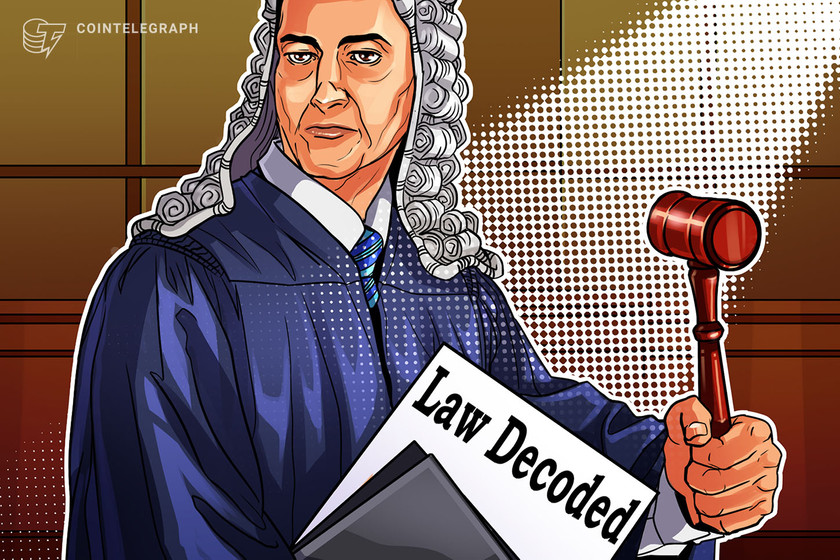Don’t panic: Only 11 of 330 Elizabeth Warren’s bills have ever passed



Support for the Digital Asset Anti-Money Laundering Act is growing in Congress, but most bills sponsored by legislators never become law.
Senator Elizabeth Warren’s crypto Anti-Money Laundering bill has been causing a massive stir in the crypto industry. But some have pointed out that the senator’s bills have a track record of not going anywhere.
According to data from the bill-tracking platform GovTrack, Warren has introduced 330 bills during her 11 years as a senator. Ten of them were eventually folded into other bills and only one rather obscure bill has ever been enacted as is.
This was the National POW/MIA Flag Act, which requires the prisoner of war/missing in action flag to be displayed alongside the United States flag on certain Federal property.














